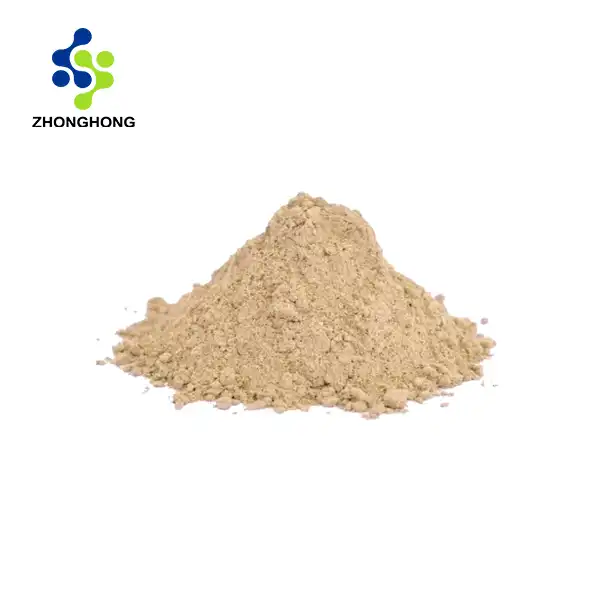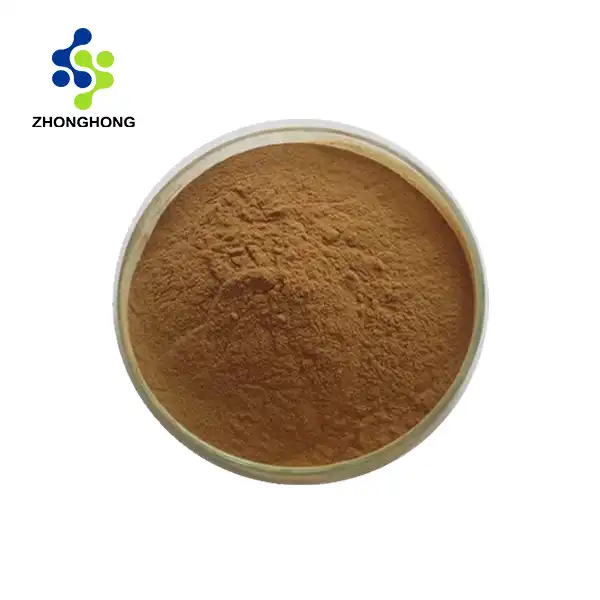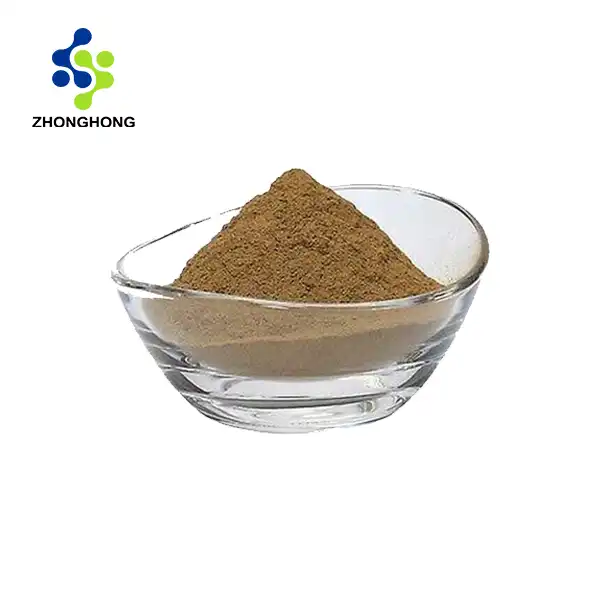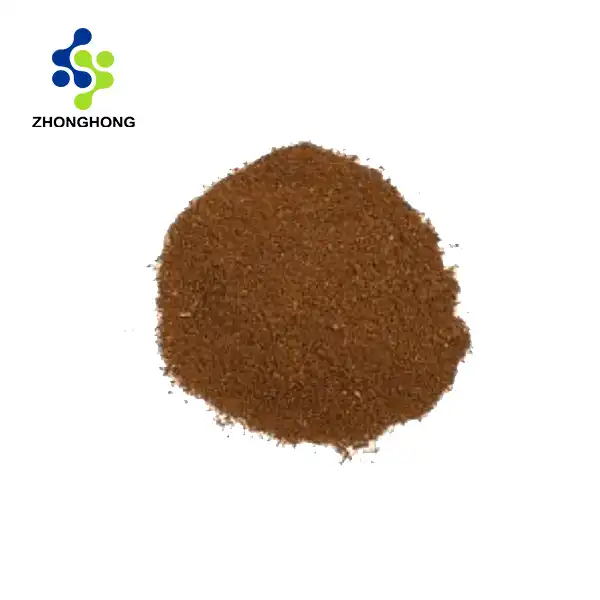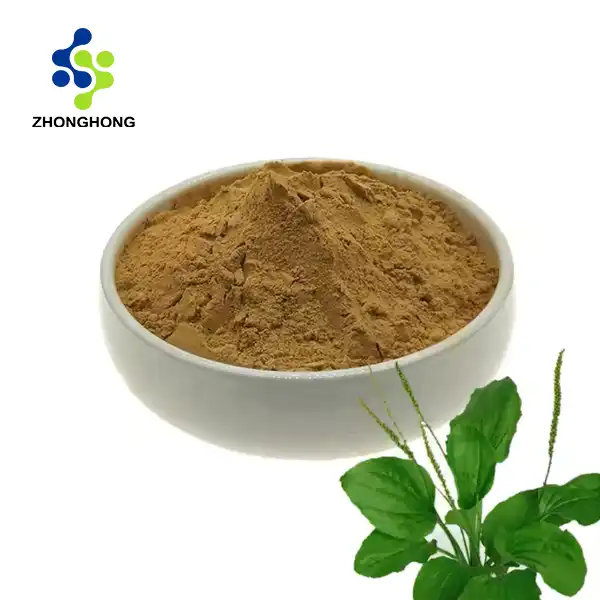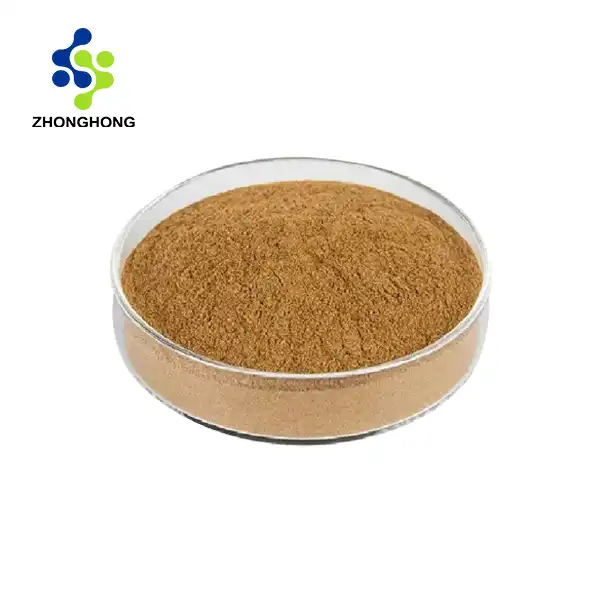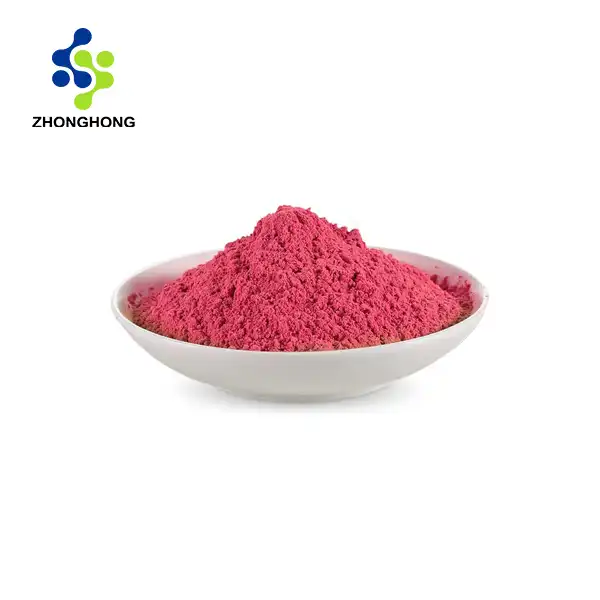Does HMBCA Really Work? Science Behind the Supplement
2024-11-19 21:13:12
In the world of fitness and nutrition, supplements come and go, but some stand the test of time due to their proven efficacy. One such supplement that has gained significant attention in recent years is HMBCA, or β-hydroxy β-methylbutyrate calcium. But does HMBCA really work? Let's delve into the science behind this supplement and explore its potential benefits for muscle preservation and growth.
Research on HMBCA and Muscle Preservation
HMBCA, a metabolite of the essential amino acid leucine, has been the subject of numerous studies investigating its effects on muscle metabolism. Research suggests that HMBCA may play a crucial role in preserving muscle mass, particularly during periods of increased muscle breakdown.
A comprehensive review published in the Journal of Nutrition and Metabolism examined the impact of HMBCA supplementation on muscle preservation in various populations. The findings indicated that HMBCA might help mitigate muscle loss in both young athletes undergoing intense training and older adults experiencing age-related muscle wasting.
One notable study conducted at the University of Illinois found that individuals supplementing with HMBCA experienced reduced muscle damage markers following high-intensity resistance training. This suggests that HMBCA may help protect muscle tissue from exercise-induced damage, potentially leading to improved recovery and muscle retention.
The Role of HMBCA in Reducing Muscle Loss
Muscle loss, or atrophy, can occur due to various factors such as aging, inactivity, or certain medical conditions. HMBCA has shown promise in combating muscle loss through several mechanisms:
- Protein Synthesis Stimulation: HMBCA has been observed to enhance muscle protein synthesis, the process by which cells build new proteins. This is crucial for maintaining and building muscle mass.
- Proteolysis Inhibition: Studies have demonstrated that HMBCA may help reduce muscle protein breakdown, a process known as proteolysis. By slowing down this catabolic process, HMBCA could help preserve existing muscle tissue.
- Cellular Signaling: Research suggests that HMBCA may influence cellular signaling pathways involved in muscle growth and maintenance, such as the mTOR pathway.
A study published in the Journal of Physiology investigated the effects of HMBCA supplementation on muscle mass during bed rest, a condition that typically leads to rapid muscle loss. The researchers found that participants receiving HMBCA experienced significantly less muscle atrophy compared to those given a placebo, highlighting the supplement's potential in preserving muscle mass during periods of inactivity.
Clinical Studies: Efficacy of HMBCA
Numerous clinical trials have been conducted to evaluate the effectiveness of HMBCA supplementation across different populations and scenarios. Here's a look at some key findings:
- Athletic Performance: A meta-analysis published in the Journal of Strength and Conditioning Research examined the effects of HMBCA on exercise performance and body composition. The analysis concluded that HMBCA supplementation was associated with small but significant improvements in overall strength and lean body mass in trained individuals.
- Elderly Population: A study in the Nutrition Journal investigated the impact of HMBCA supplementation in combination with resistance training in older adults. The results showed that participants receiving HMBCA experienced greater increases in lean body mass and muscle strength compared to those on placebo.
- Recovery from Exercise: Research published in the European Journal of Applied Physiology found that HMBCA supplementation reduced markers of muscle damage and accelerated recovery following high-intensity resistance exercise.
While these studies provide promising evidence for the efficacy of HMBCA, it's important to note that individual responses may vary. Factors such as diet, exercise regimen, and overall health status can influence the supplement's effectiveness.
Conclusion
In conclusion, the scientific evidence suggests that HMBCA may indeed work to support muscle preservation and potentially enhance athletic performance. However, as with any supplement, it's crucial to consult with a healthcare professional before incorporating HMBCA into your regimen, especially if you have any pre-existing medical conditions or are taking medications. Remember, supplements should complement a well-balanced diet and regular exercise routine, not replace them. By combining HMBCA supplementation with proper nutrition and targeted training, you may be able to optimize your muscle health and overall fitness goals. If you want to get more information about this product, you can contact us at liaodaohai@gmail.com.
References
1. Wilson, J. M., et al. (2013). β-Hydroxy-β-methylbutyrate free acid reduces markers of exercise-induced muscle damage and improves recovery in resistance-trained men. British Journal of Nutrition, 110(3), 538-544.
2. Holecek, M. (2017). Beta-hydroxy-beta-methylbutyrate supplementation and skeletal muscle in healthy and muscle-wasting conditions. Journal of Cachexia, Sarcopenia and Muscle, 8(4), 529-541.
3. Wilkinson, D. J., et al. (2013). Effects of leucine and its metabolite β-hydroxy-β-methylbutyrate on human skeletal muscle protein metabolism. Journal of Physiology, 591(11), 2911-2923.
4. Lowery, R. P., et al. (2016). Interaction of Beta-Hydroxy-Beta-Methylbutyrate Free Acid and Adenosine Triphosphate on Muscle Mass, Strength, and Power in Resistance Trained Individuals. Journal of Strength and Conditioning Research, 30(7), 1843-1854.
5. Stout, J. R., et al. (2013). Effect of calcium β-hydroxy-β-methylbutyrate (CaHMB) with and without resistance training in men and women 65+yrs: A randomized, double-blind pilot trial. Experimental Gerontology, 48(11), 1303-1310.
6. Nissen, S., et al. (1996). Effect of leucine metabolite β-hydroxy-β-methylbutyrate on muscle metabolism during resistance-exercise training. Journal of Applied Physiology, 81(5), 2095-2104.
_1728976869676.webp)
